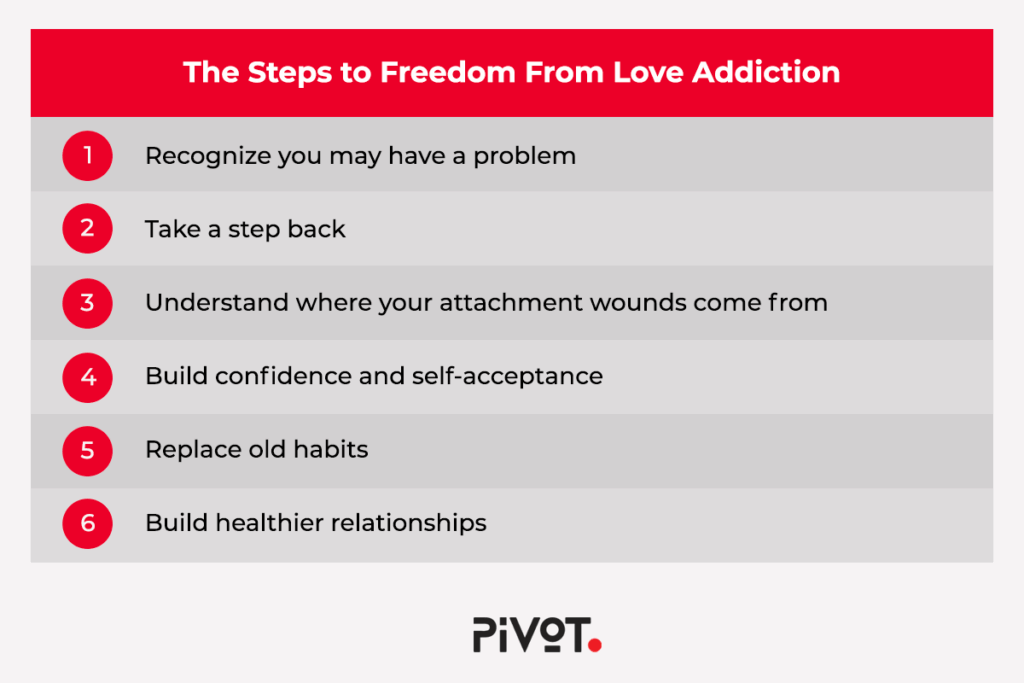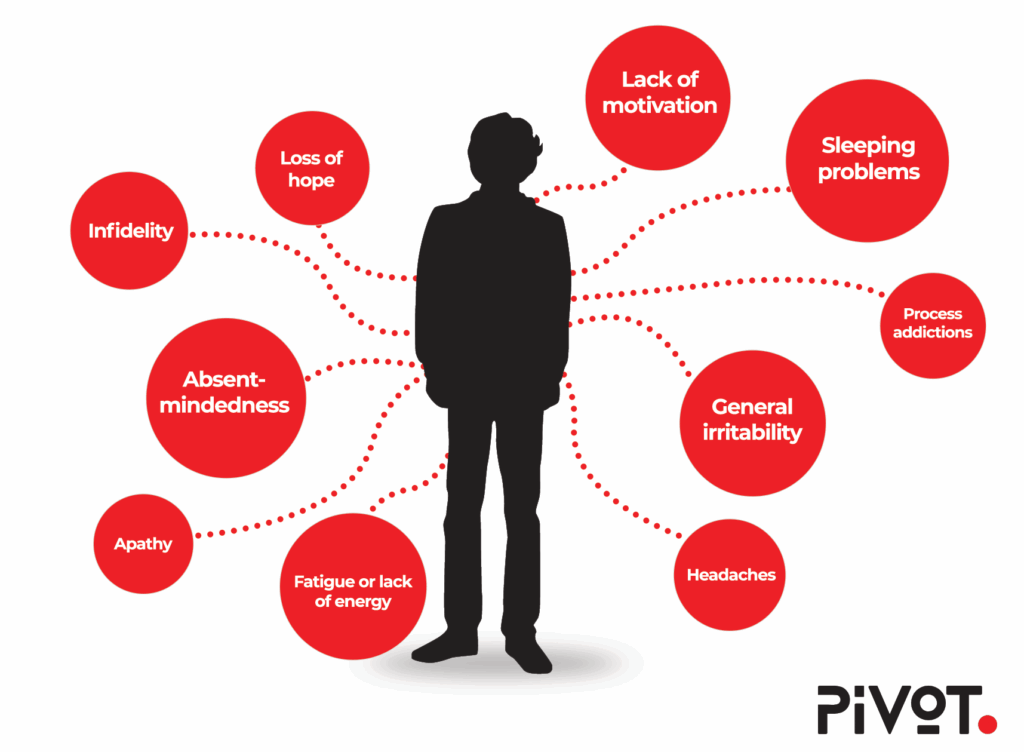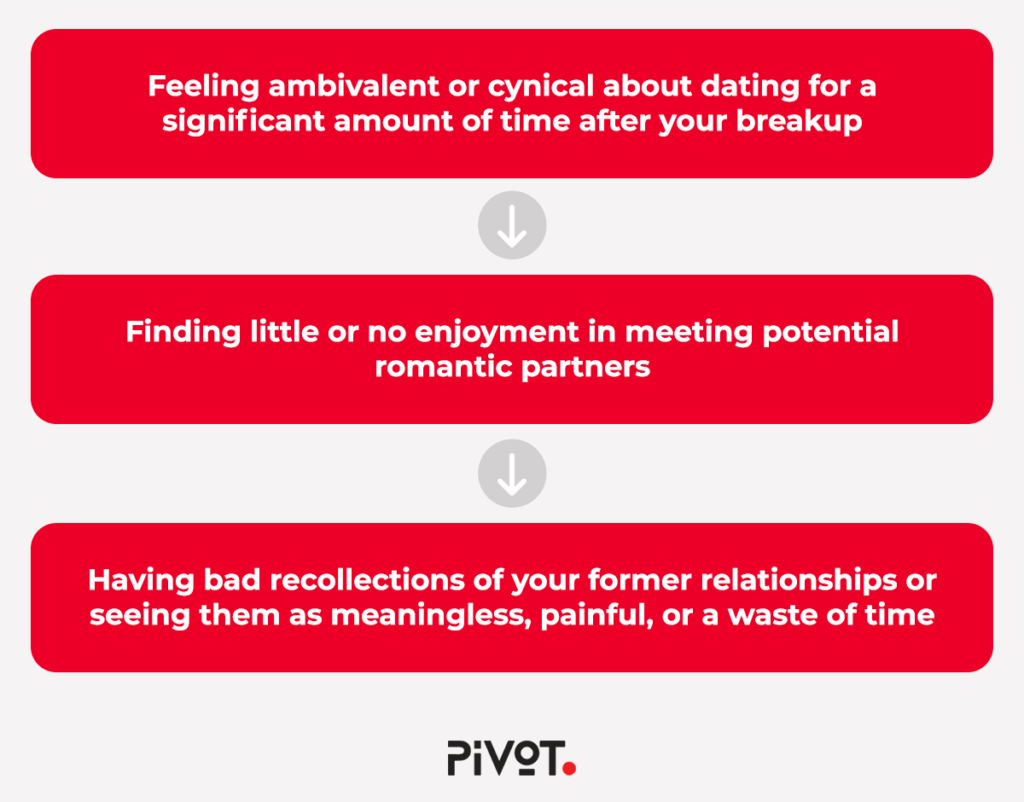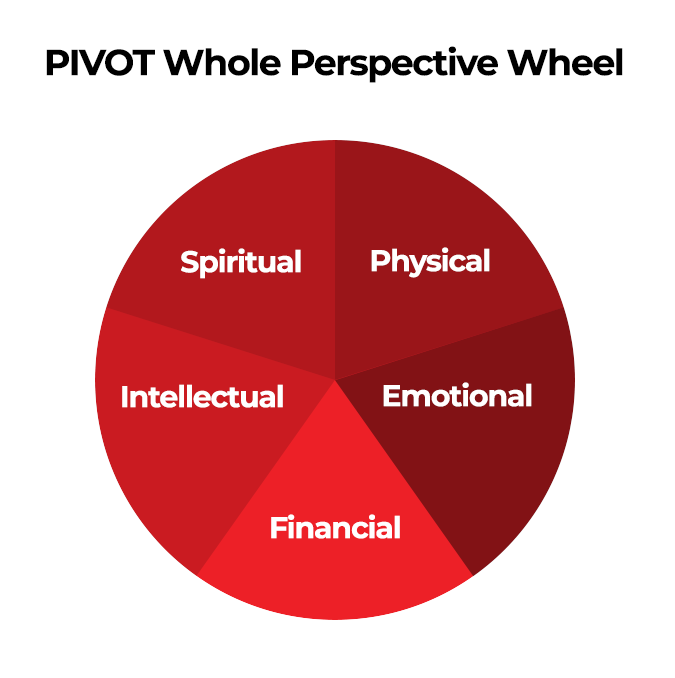Many couples experience marriage troubles from time to time, from ineffective communication that leads to misunderstandings to a misalignment of sex drives. However, when troubles pile up or remain unresolved, you may need to seek intervention. While weekly marriage counseling is beneficial, the slow pace of change may leave you feeling impatient.
Though everyone’s threshold is different, most people recognize when occasional marriage troubles escalate to a troubled marriage. If you and your partner are tired of the status quo and ready to focus on work that creates noticeable differences, a PIVOT marriage retreat for troubled marriages will provide the focus and intensity you need to heal and deepen your connection.
A Marriage Retreat for Troubled Marriages Provides Intensive Intervention
If your marriage has become a source of stress instead of support, it’s time for intensive intervention. In contrast with weekly marriage counseling, a marriage retreat provides the opportunity to leave daily distractions behind for a short, concentrated effort to address the trouble and seek long-term solutions. An intensive marriage retreat can provide a lifeline to quickly address the troubling signs that have infiltrated your relationship.
How a Marriage Retreat for Troubled Marriages Can Benefit You |
||
|
Signs of Trouble |
What It Looks Like |
How a PIVOT Marriage Retreat Can Help |
|
Lack of communication |
|
Coaches model and provide practice in effective communication strategies to defuse conflict quickly and peacefully. |
|
Growing apart |
Guided exercises help you to recapture physical and emotional intimacy. |
|
|
Hurtful behavior |
|
A developmental psychology approach helps you uncover the origins of relationship troubles and identify the survival patterns that may be sabotaging your relationship.. |
|
Lack of respect |
|
Coaches will help you build a better, more secure relationship with yourself, which is the starting point to establishing a healthier, more reciprocal relationship with your spouse. |
How a PIVOT Marriage Retreat Improves a Troubled Marriage
When you make the decision to devote time and energy to fixing a troubled marriage, you need the proper resources to facilitate change. Our marriage retreats provide the support and groundwork you need to work through your troubles.
Before your work as a couple can begin, you have to understand yourself more completely. Looking back at the past helps you to know how you arrived at your present. Understanding how certain life events from your past have generated the survival patterns that drive your present relationships will bring valuable insight and inspire compassion for yourself.
Once you and your spouse gain personal insights, it is time to work together on your relationship dynamics. With guidance from your PIVOT coaches, you will practice effective strategies for communication, problem-solving, and resolving conflicts. During this process, you and your partner will work individually and together with your coaches, who act as advocates for you as you work through your issues with your partner. You will receive a toolbox of versatile and readily applicable strategies to support change as you create a plan for your shared future.

The Benefits of an Intensive Marriage Retreat
PIVOT specializes in coaching individuals, couples, and families to live their best lives through personal growth and find healthier, more fulfilling relationships. Our marriage retreats have helped many couples make deeper connections and achieve greater life satisfaction.
What sets a PIVOT marriage retreat for troubled marriages apart is it’s unprecedented.
| PIVOT Marriage Retreat Benefits | |
| Privacy | A PIVOT marriage retreat includes just one couple–you and your spouse. This allows you privacy and the opportunity to focus exclusively on healing your marriage. |
| Environment | The PIVOT Glass House provides a scenic vista away from life’s distractions. In this calming environment, you can quiet your mind, turn off your electronics, and focus on rebuilding your marriage. |
| Expertise of Coaches | Every PIVOT marriage retreat is organized and facilitated by specially certified coaches. These specialists in relationship dynamics have all completed the PIVOT Process for themselves before being trained to facilitate for others. Some of them hold additional certifications in other therapeutic modalities. |
| Process | The PIVOT Process is an evidence-based intervention consisting of high-impact solutions for behavioral change. It was developed in a clinical setting and has been implemented with thousands of people, improving their relationships with themselves and their partners. |
| Customization | No two people are identical, and each marriage has a unique character. For this reason, each PIVOT marriage retreat is customized to the two individuals involved. Whether your marriage is in crisis or you are looking for a closer, more cohesive relationship, your goals will help to guide the experience. |
| Individual Support | You and your partner will each get your own PIVOT coach, which ensures you have your own personal advocate for the process. This support is invaluable during tough conversations, where having someone in your corner helps you express yourself and set boundaries. It also ensures that each partner is heard and their positions are respected. This kind of advocacy is unique to our program, and couples find it extremely helpful. |
| Resources | At PIVOT, we believe that a healthy relationship with yourself is a prerequisite to secure, fulfilling relationships outside of yourself. We provide the framework to get to know yourself and the resources to work around your own circumstances (physical and emotional health, grief and anger, parenting, etc.). |
| Follow-up | Though your PIVOT marriage intensive is a 1-3 day retreat, the support does not end there. You can continue with virtual sessions if you wish; we are always here for you. |

Transform Your Relationship With a PIVOT Marriage Retreat for Troubled Marriages
PIVOT offers relationship coaching for individuals, couples, and families. Our marriage retreat for troubled marriages provides a lifeline with unprecedented benefits for couples who are struggling. Reach out today at 1-855-452-0707 and begin your journey to a healthier, happier marriage.

























